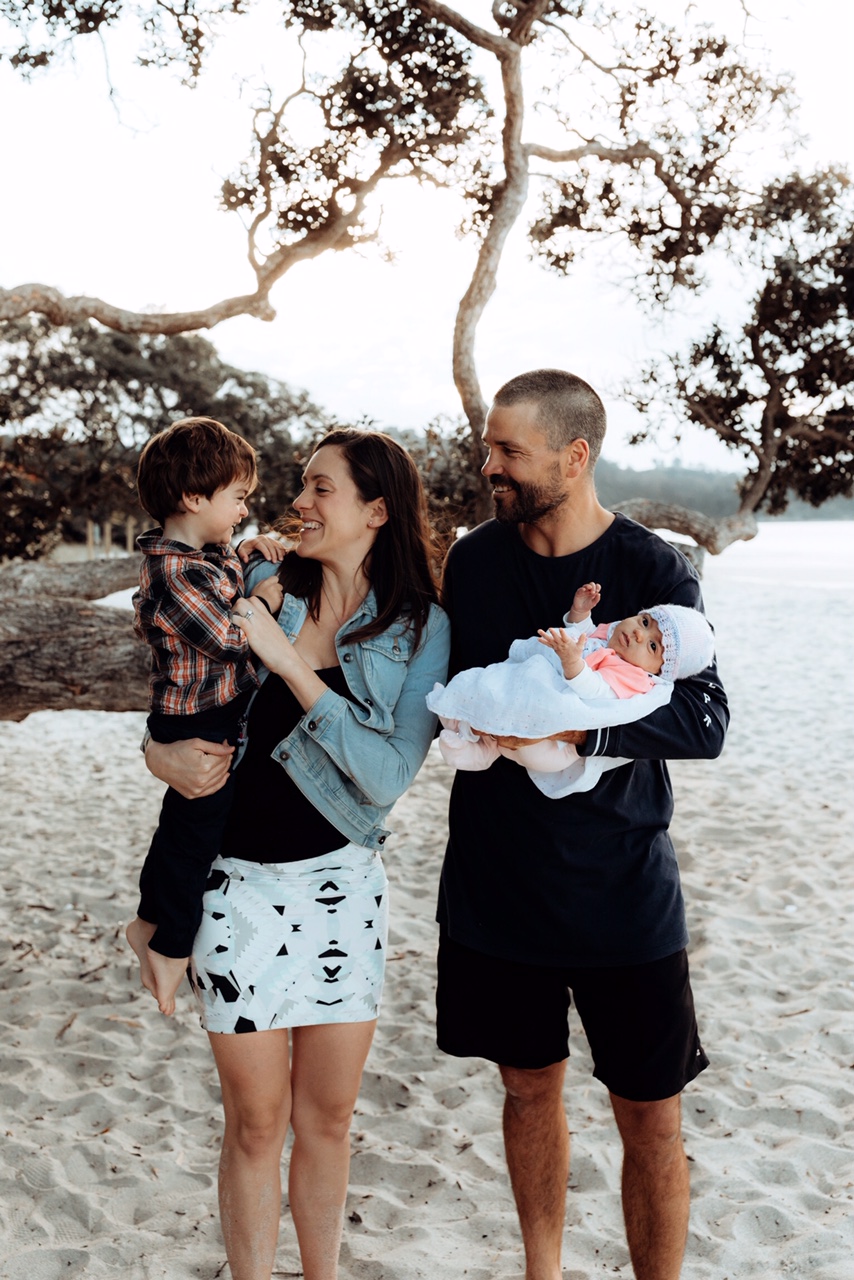How your donation is helping premature babies survive and thrive
On July 2 last year, Waiheke Island resident Adelaide
went into labour.
She was only 32 weeks pregnant, and history was
repeating.
Two and a half years earlier, her son Tyson had also
arrived eight weeks early. She and her husband Leon
knew the helplessness and fear they were about to
encounter.
But they also knew their baby would receive
outstanding care thanks to Starship’s world-class
Neonatal Intensive Care Unit (NICU).
After a four-hour labour, Adelaide gave birth to Ahlia.
Because she was eight weeks premature, Ahlia’s little
body wasn’t fully developed yet.
After a quick cuddle with mum, Ahlia was admitted
straight to NICU.
Donations like yours mean the NICU is equipped with
state-of-the-art incubators, and equipment to help
premature babies like Ahlia regulate their breathing.
Having spent weeks in NICU with Tyson, Adelaide and
Leon knew Ahlia would be well cared for. Adelaide says:
“It is quite scary still, but the technology and the care at that early stage is really what impacts their life”.
Twice she’d gone into labour two months early, and
twice Starship’s NICU helped her baby get through the
crucial first few weeks.
It isn’t just the equipment and facilities that has left a
lasting impact on Adelaide and Leon, however.
Thanks to support from generous donors like you, we
provide regular training and development opportunities
for our staff. It might seem like a small thing, but it helps
us retain the very best doctors, nurses, and healthcare
professionals.
In Adelaide and Leon’s case, it means they had some
amazing nurses to help them navigate Ahlia’s first few
weeks.
Many of the same nurses had tube fed Tyson around the clock. They’d picked him up and cuddled him when he cried, and carefully noted his every wriggle.
Two and half years later they did the same for Ahlia,
even when Adelaide and Leon weren’t in the room.
“I’d call them up at night and they would be like, ‘It’s ok, I’ve got her’. You just get that sort of security”.
The same nurses also provided support for Adelaide,
whether it was a smile, a hug, or a quick wellbeing
check-up.
It’s a level of care and empathy that Adelaide and Leon
will never forget. And it’s the same level of care and
empathy we want to continue providing with help from
you.
With your support, we’ll continue to provide this
outstanding level of all-round care for babies and
vulnerable families in NICU in 2020 and beyond.

Adelaide and Leon at home on Waiheke with Tyson and Ahlia.
